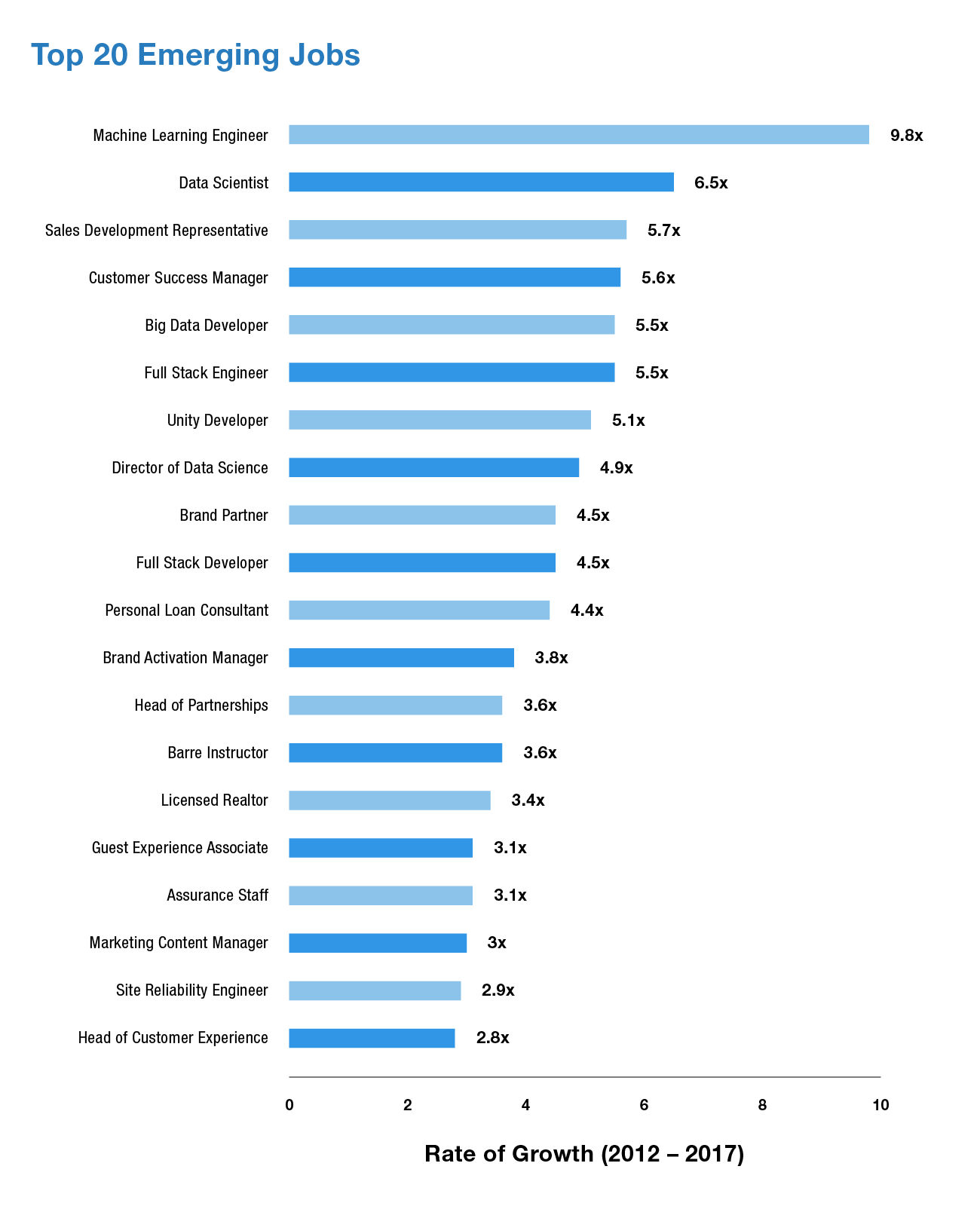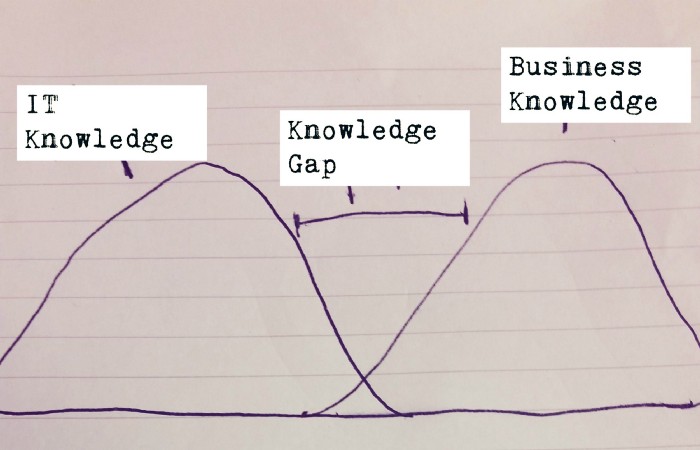5 Reasons Why Learning Data Science by Doing Always Wins
As technology becomes more advanced and automation more extensive, the world of big data continues to grow, increasing the demand for data scientists across a wide range of industries. Because of this, more and more businesses are recognising how essential big data is for economic growth, and if a business wants to grow, they will need to invest in new digital tools and employees who know how to use them.
Fast-track your career progression as a data scientist by attaining the relevant hands-on data science skills. Demonstrating an understanding of the techniques used to solve complex data problems and being able to execute the solution will not only make you stand out to future employers, but also give you the skills needed to take businesses to the next level.
Below are five reasons why taking a hands-on approach to skill development will help you achieve success in the field of data science.
1. Help keep up with expectations of potential employers
There’s no denying that in the current career climate, data scientists are valuable. Since 2018, data science roles have grown over 650%, with 2.7 million new jobs forecasted globally by 2020. As technology continues to grow at a fast pace, digital expertise is a key focus for employers. Being able to showcase this expertise will further increase your chances of success.

Taking a hands-on approach to develop your data analytics skillset will improve your technical know-how and demonstrate your ability to use data science to solve business problems. As a result, you will be able to build a portfolio to use in interviews, showcasing your ability to:
- Identify what areas you are interested in and how to find its relevant data sets,
- apply and use data tools and techniques to interpret and publish code, and;
- show that you know how to collaborate with others.
Being able to demonstrate these key aspects will prove that you have the right data science skills for the role. It also means that your employer doesn’t need to spend time training you and ensures that you have the expertise to remain at the forefront of the data science revolution.
2. Fill the demand for data science specialisations
As mentioned above, being able to identify what fields you are interested in when it comes to data can be very desirable to employers. Whether it’s data sets concerning sport, health or social behaviours, gaining practical knowledge in your chosen area can fill a demand you didn’t even know existed, and you can get paid well for it.
Employers across various sectors are increasingly searching for data scientists who can drive efficient customer profiling, advanced impact measurement and lead accurate decision making. Australia is facing a gap between the demand and supply of IT talent, which means that salaries are becoming increasingly competitive in this area, particularly in specialist fields.
According to recruitment company Hays, salaries for marketing professionals who specialise in data science are consistently increasing. The report suggests this is because there is a shortage of data insight managers who can pull data together to tell an accurate and engaging narrative.
Data scientists can work across a wide range of areas, including health, finance, agriculture and movie making. Having a broad skill set to fill these specialised roles gives you more job opportunities.
3. Gain confidence in your decision-making
Hands-on learning gives you the opportunity to experiment, fail and learn from real-world scenarios in a supportive environment. Having the ability to dive headfirst into a practice that you would normally not feel comfortable in, gives you the flexibility to innovate and learn from your mistakes.
This kind of learning will help build your confidence and continually self-improve. An essential skill in the data science industry is problem-solving, so having confidence in your decision making is vital. Data scientists are required to communicate clear statistical concepts to people with various levels of knowledge. They use their experience to help guide their teams to make better decisions and help managers make better decisions on which projects will have the best ROI.

Having used a hands-on approach to developing your skills, means your experience in making these big decisions will be more robust, and therefore make you more confident in your problem-solving skills.
4. Get to know your tools and software
Being able to demonstrate an understanding of the technical practice, management and strategic impact of data science, and its application within industry contexts will help you stand out when looking for a job in the field. A major part of this is understanding the tools and software data scientists use and how to use them.
A data scientist extracts, manipulates and generates predictions out of data. In order to do this, they require various tools and programming languages. Some of these include:
- Apache Spark,
- Python,
- machine learning, and;
- data modeling.
Going into a role already equipped with hands-on experience in a variety of data tools and languages will help you showcase your competencies as a data scientist by managing data and providing business solutions faster. As a result, you will be able to provide strong recommendations on how to best handle an organisation’s dataset.
5. Gives you the skills to keep learning and stay relevant
The technologies used by data scientists continue to evolve at a rapid pace and as a result, even if you have a good understanding of a technique right now, in a couple of years it may be out of date. To stay current in the field, you need to be able to continually self-educate and know what areas to focus on.
Gaining practical and foundational knowledge under expert guidance will help you pinpoint what data trends to follow and what skill gaps you may need to fill in the future.
Having this ability will make you a great asset to any organisation because it means no matter what the climate, you will constantly be adapting and able to:
- solve complex business problems,
- identify inefficient processes,
- develop new revenue streams, and;
- improve data security and customer experience.
Armed with the data science skills and experience to self-educate, you will be able to continuously add to your existing data anlytics skillset and ensure you are up to date with the latest innovations.
Practical learning provides a deeper understanding of how things work and gives you transferable skills to use in your working life. The University of Adelaide's online Master of Data Science (Applied) is a qualification of a data scientist through a hands-on approach to skill development so you can master state-of-the-art tools and languages. For more information about the data science programs offered by UoA, visit our programs page or contact an enrolment advisor today on 1300 291 117.
